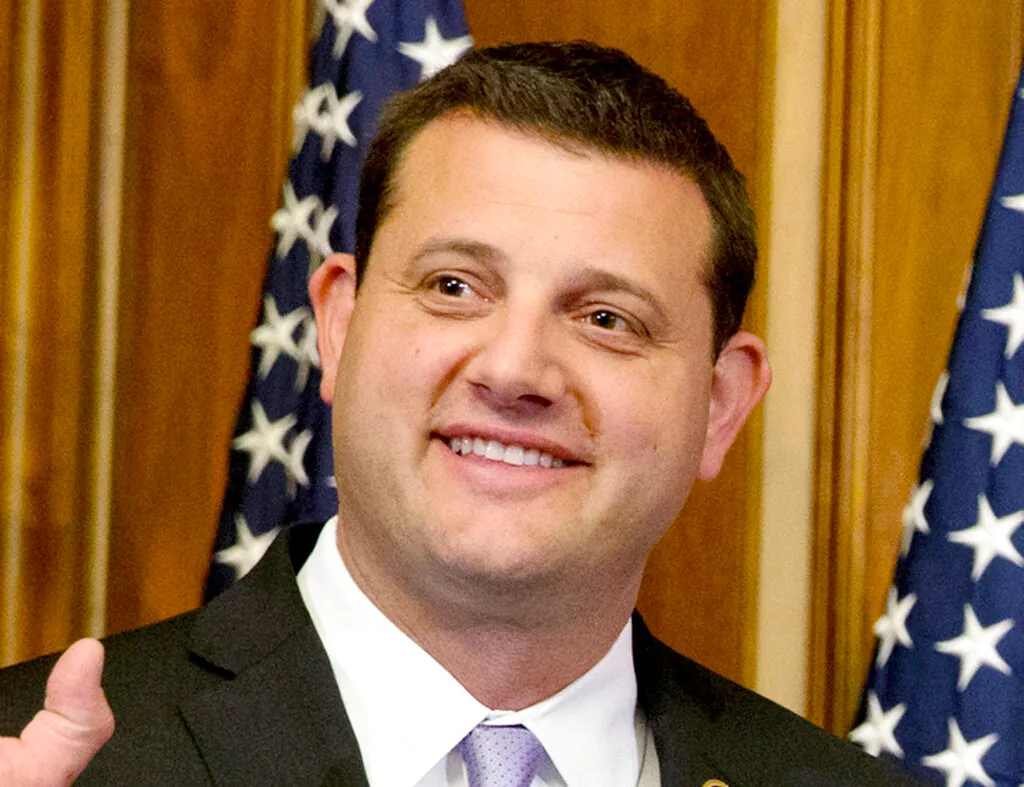
California's Redistricting Battle and the Political Implications
California Rep. David Valadao, a Republican representing the state’s Central Valley, has faced several challenges throughout his political career. Two years ago, he narrowly won re-election in a tough race that made him one of only two House Republicans to support the impeachment of President Donald Trump while still retaining his seat. Now, he could be facing another difficult election next year, this time due to a redistricting plan designed by California Democrats to gain an advantage in the 2026 midterm elections.
Valadao, who has a background as a dairy farmer, has criticized the mid-decade redistricting process, calling it despicable. He has expressed strong opposition to the statewide effort to temporarily alter district maps and also rejected the demands from former President Trump for some red states to change their maps in favor of Republicans. "I won't defend any of it," Valadao told the Washington Examiner. He also criticized Governor Gavin Newsom for leading the redistricting campaign, arguing that Newsom is adopting someone else’s bad idea and using it as an excuse to do something his voters disagree with.
Valadao's district could be significantly affected if Californians approve Proposition 50 on Tuesday. The ballot measure was initiated after Trump urged Texas legislators to redraw the state’s map to give Republicans a five-seat advantage in the 2024 midterm elections. Since then, other GOP-led states such as Missouri, North Carolina, and Utah have followed suit, either starting the process or considering similar actions.
Unlike Texas, where state lawmakers control the redistricting process, California’s system involves an independent redistricting commission that must draw the maps, with voter approval required for any changes. This means that even though the state legislature passed the proposed map, voters will decide whether it will be used for the 2026, 2028, and 2030 elections.
If approved, the new map would shift three Republican-held seats into safe Democratic districts and make two others lean Democratic. Specifically, the map would affect districts held by Reps. Doug LaMalfa (R-CA) and Kevin Kiley (R-CA) in Northern California, as well as Reps. Darrell Issa (R-CA) and Ken Calvert (R-CA) in Southern California. In the Central Valley, Valadao’s district would be stretched almost twice as long, incorporating more Democratic voters from neighboring counties.
Concerns from Rural Communities
Doug LaMalfa, another Republican representative, has warned that Proposition 50 could silence the voices of California’s rural communities. The Central Valley, home to a third of the state’s nine Republicans in Congress, is a key part of the region’s agricultural belt. Political experts believe this area is central to the Democrats' redistricting strategy.
Farmers like Charles Meyer, who owns a 1,500-acre farm in Kings County, are worried about the potential consequences of being under the influence of regulation-focused representation. California Democrats have introduced a series of environmental regulations aimed at protecting air, water, and ecosystems, which also restrict groundwater and fertilizer use—factors that farmers rely on for crop production.
“When [Democrats] gain power, negative things happen,” Meyer said.
Valadao argues that Proposition 50 is not about improving life for Californians but rather about giving Newsom a national platform to launch a presidential bid in 2028. “This is his way of getting on a national stage,” Valadao said. “Why couldn’t he have just done a good job as a governor? That would have been helpful. Instead, he's chosen to take the president on, but the reality is that if you want to show a better way of doing things, do a better job of running your state.”
He added that instead of fulfilling his responsibilities as a governor, Newsom has engaged in political battles. “This is not what the American people want. That's not what California wants. It's just such a horrible strategy.”

Post a Comment